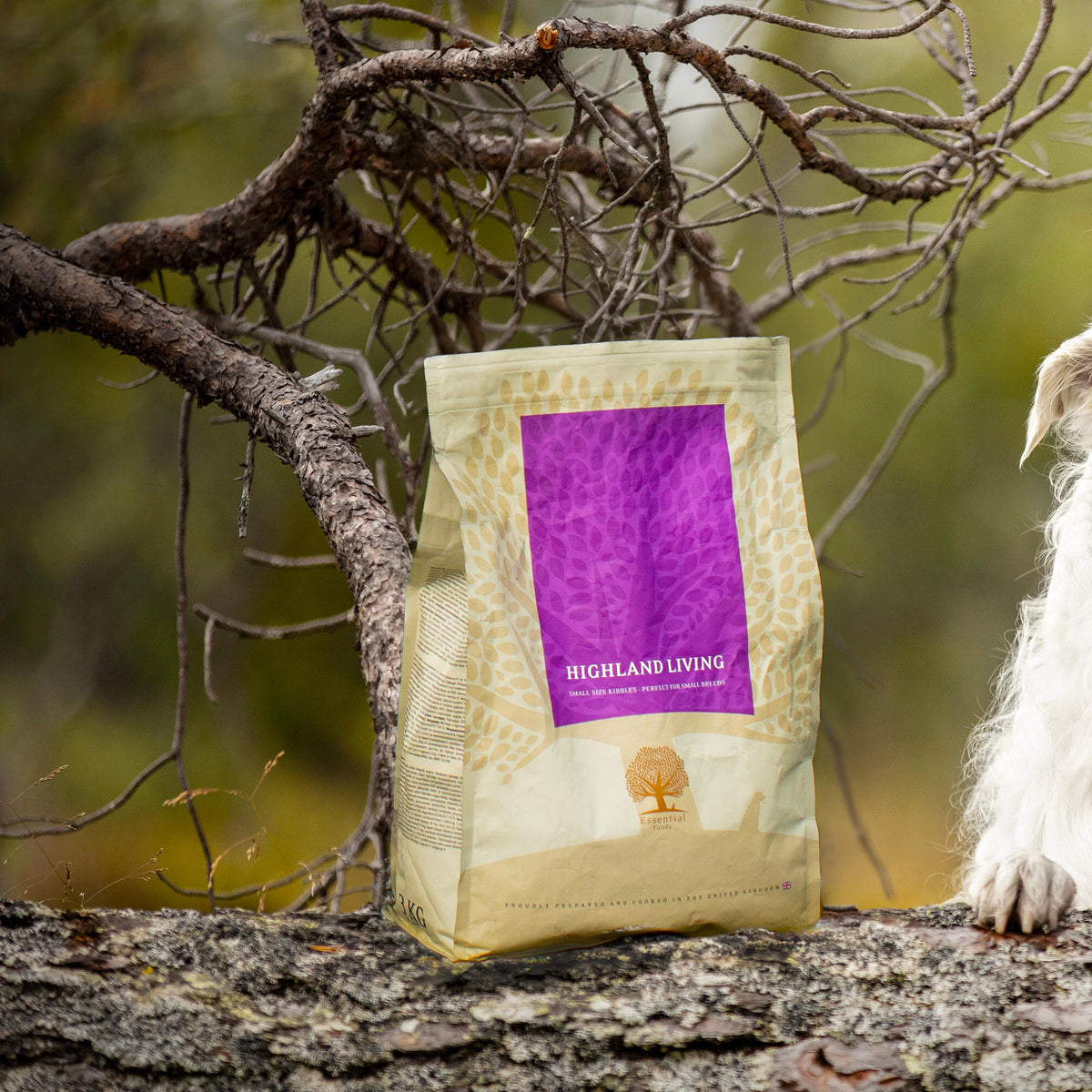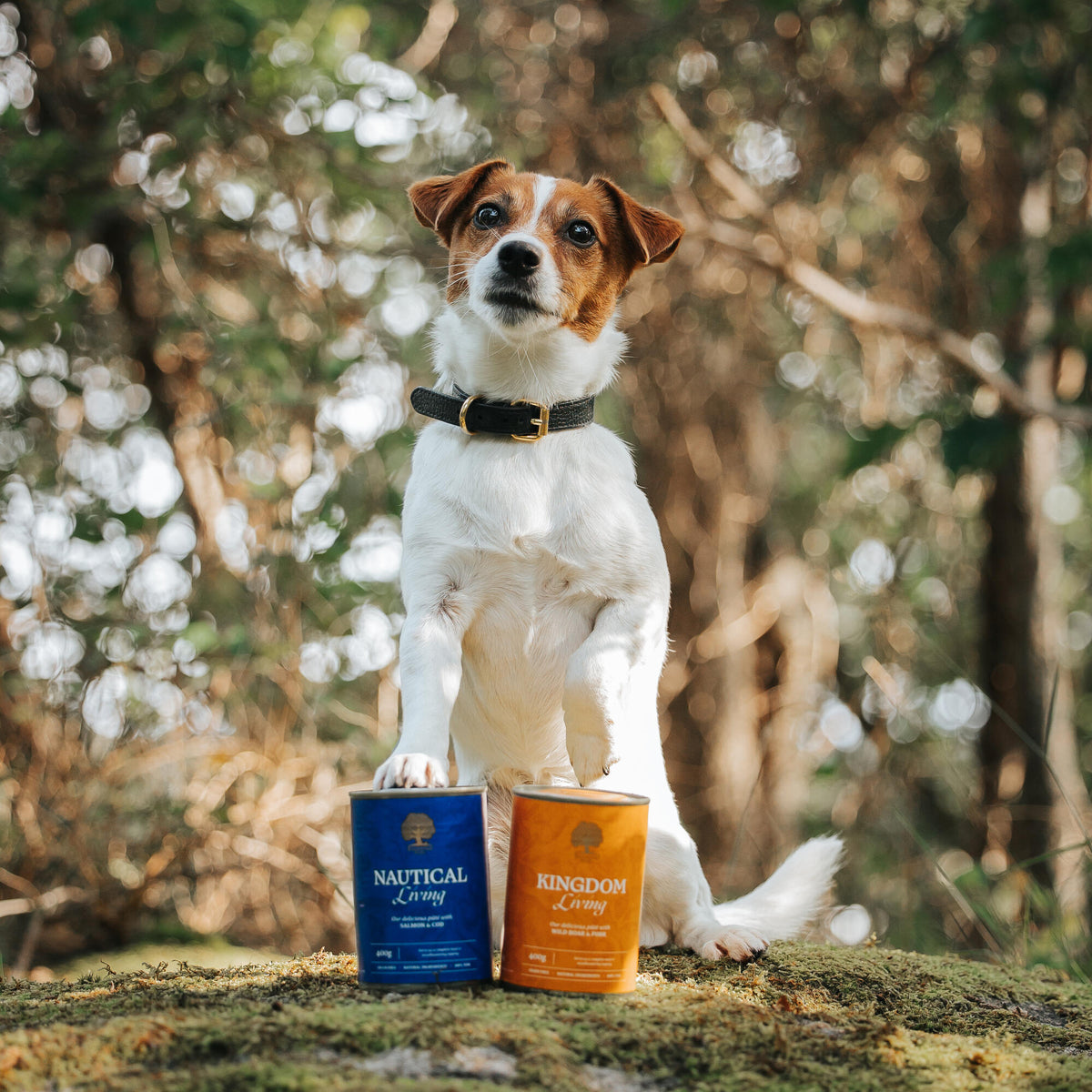Your Cart is Empty

Yogurt is a common food item in many households, valued for its probiotic properties and nutritional benefits. As pet owners, we often wonder if such human foods can be safely shared with our dogs. This article explores whether dogs can consume yogurt, the potential benefits, and any risks involved.
Yogurt contains live bacteria known as probiotics, which can aid in maintaining a healthy gut flora. Probiotics help in digestion, enhance the immune system, and can alleviate some gastrointestinal issues in dogs. A balanced gut microbiome is crucial for nutrient absorption and overall health.
Yogurt is a rich source of calcium, essential for the development and maintenance of strong bones and teeth in dogs. Adequate calcium intake supports skeletal integrity and helps prevent conditions like osteoporosis and arthritis in older dogs.
Protein is a vital nutrient for dogs, contributing to muscle growth and repair. Yogurt provides a good amount of protein, which is essential for active dogs to maintain muscle mass and strength.
Plain, unsweetened yogurt is the best choice for dogs. It does not contain added sugars or artificial sweeteners, which can be harmful to dogs. Natural yogurt without any additives ensures that your dog benefits from the probiotics and nutrients without the risk of ingesting toxic substances.
Greek yogurt is thicker and contains more protein than regular yogurt. It is also typically lower in lactose, making it easier for dogs to digest. However, it is essential to choose plain Greek yogurt without any flavorings or sweeteners.
Some dogs are lactose intolerant and may experience digestive issues after consuming dairy products. Lactose-free yogurt is a suitable alternative for these dogs, providing the same benefits without causing gastrointestinal discomfort.
While some dogs can tolerate yogurt, others may be lactose intolerant. Symptoms of lactose intolerance include diarrhea, gas, and bloating. It is crucial to introduce yogurt gradually and monitor your dog for any adverse reactions.
Artificial sweeteners, particularly xylitol, are extremely toxic to dogs. Even small amounts can cause severe hypoglycemia, liver failure, and can be fatal. Always ensure that the yogurt you offer to your dog is free from any artificial sweeteners.
Flavored yogurts often contain high amounts of sugar, which can lead to obesity, dental problems, and diabetes in dogs. Stick to plain yogurt to avoid these issues.
Start by offering your dog a small amount of yogurt and observe for any signs of digestive upset. Gradually increase the serving size if your dog tolerates it well.
Yogurt can be a beneficial addition to your dog'sdiet if chosen carefully and served in moderation. Always opt for plain, unsweetened varieties and be mindful of any potential lactose intolerance. With the right precautions, yogurt can enhance your dog's health with its probiotics, calcium, and protein content.


